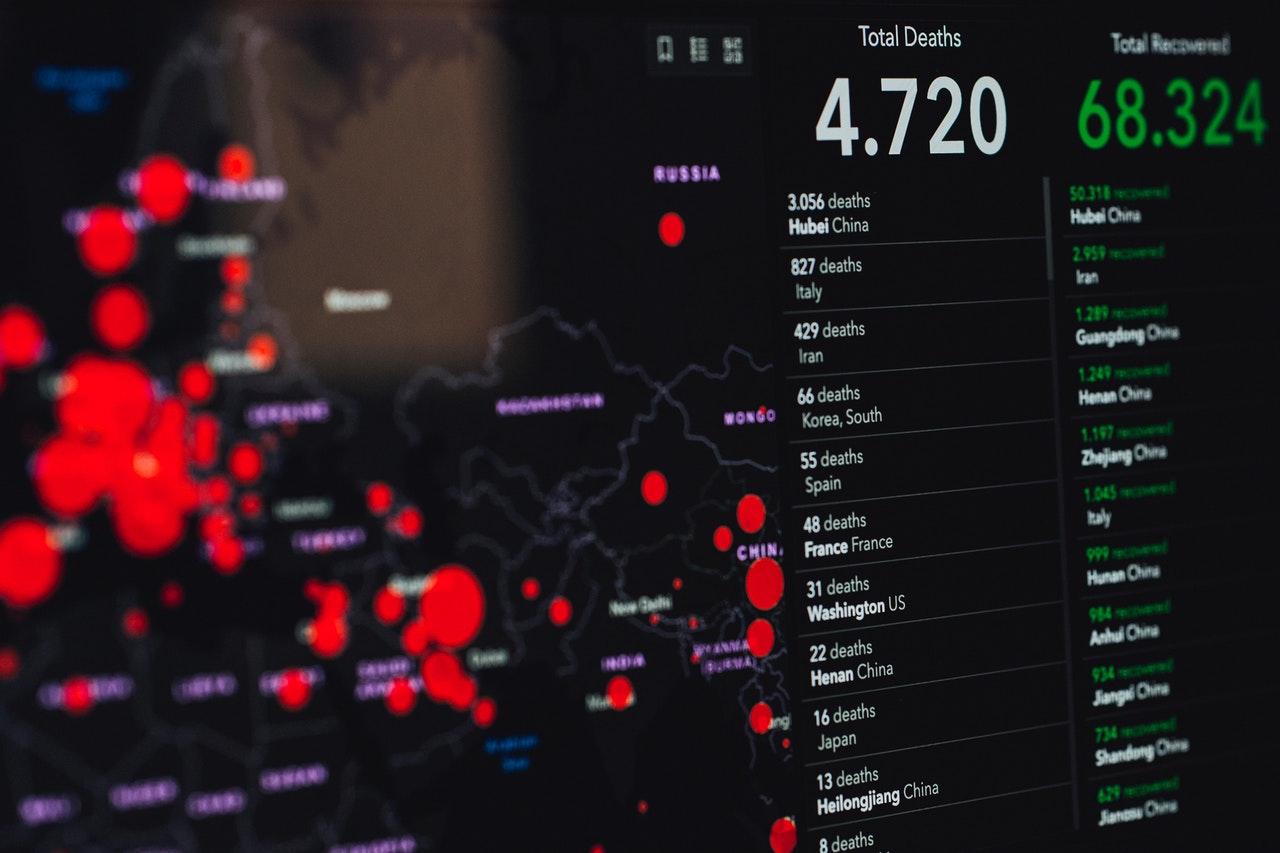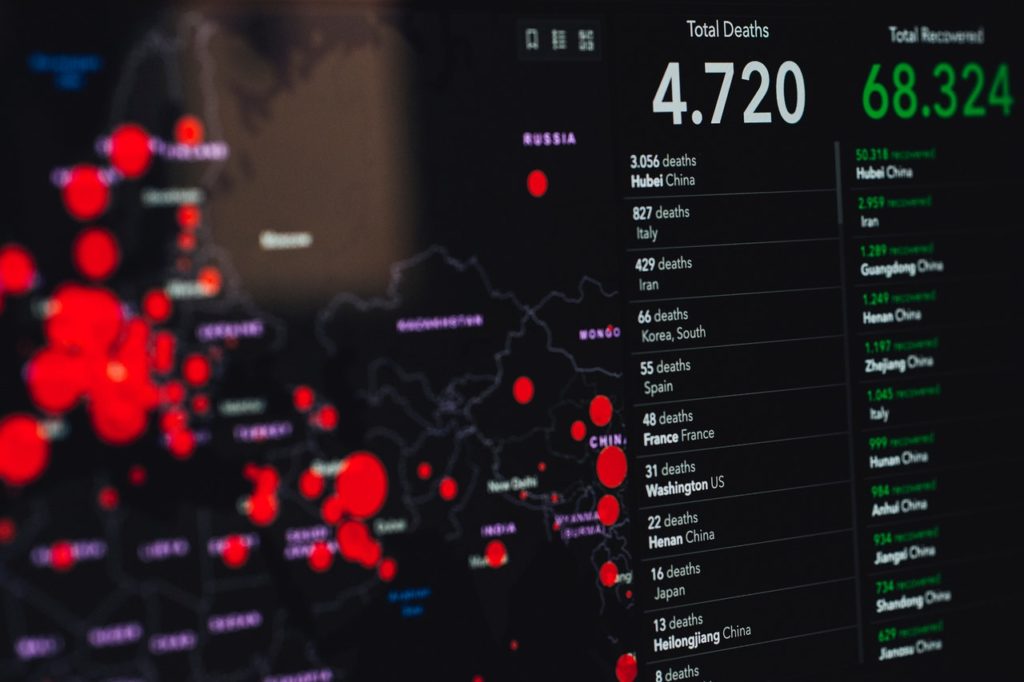On September 16 last year, India reported a record 97,894 coronavirus cases. Nearly four-and-half months later, on February 2, the country registered 8,635 new cases. The drop in coronavirus numbers assumes significance as several countries across the world are experiencing a second and in some cases even third wave of Covid-19 virus.

“It’s not that India is testing less or things are going underreported,” Jishnu Das, a health economist at Georgetown University, was quoted in a report by NPR. “It’s been rising, rising — and now suddenly, it’s vanished! I mean, hospital ICU utilization has gone down. Every indicator says the numbers are down.”
Read More: Coronavirus: Pregnant women can transfer antibodies to their babies, study claims
Scientists around the world have proposed numerous theories to explain this unprecedented fall in Covid-19 cases in India. However, none has been able to give a definite answer. Experts said that without conclusive data, it was impossible to say why India’s figures had fallen so dramatically.
Also Read: Vaccination drive: India’s one million shots in 6 days is world’s fastest rollout
Surprisingly, the fall in the number of cases coincided with the festival season in October and November. In the national capital, where lakhs of protesting farmers are amassed at the borders, cases have been steadily falling.
Also Read: Covid-19: 45% of health workers vaccinated in 18 days, India fastest to reach 4m mark
There have been several theories proposed to unravel this mysterious fall in the numbers.
You May Like:
Can children get Covid-19 vaccine yet?
There’s a lot of debate going on in the world about vaccination. Whereas most of the countries have started with the first wave of vaccination and other countries are on the verge of starting the vaccination, the world is confronted with the big question: Read More:


